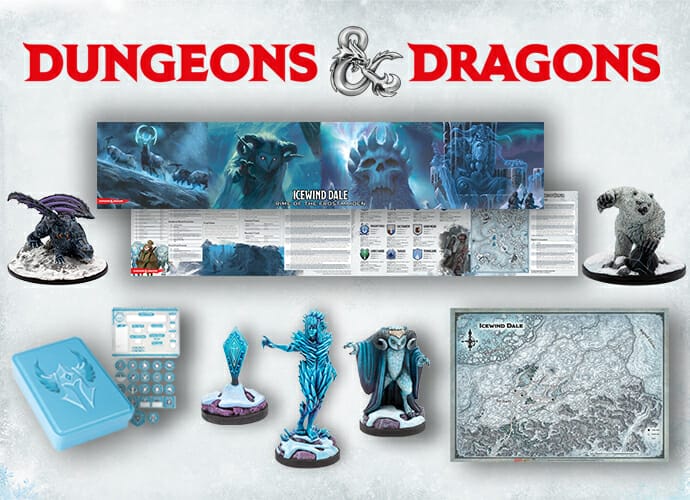- Joined
- Apr 24, 2017
- Messages
- 15,461
- Reaction score
- 42,006

Gale Force Nine files court complaint against Wizards of the Coast
The US District Court for the Western District of Washington is currently processing a docket filed by Gale Force Nine against Wizards of the Coast.
 www.geeknative.com
www.geeknative.com
Another breach of contract suit. Who’s running the show over there and what’s going on?



 Oh no!
Oh no! Anyway...
Anyway...

